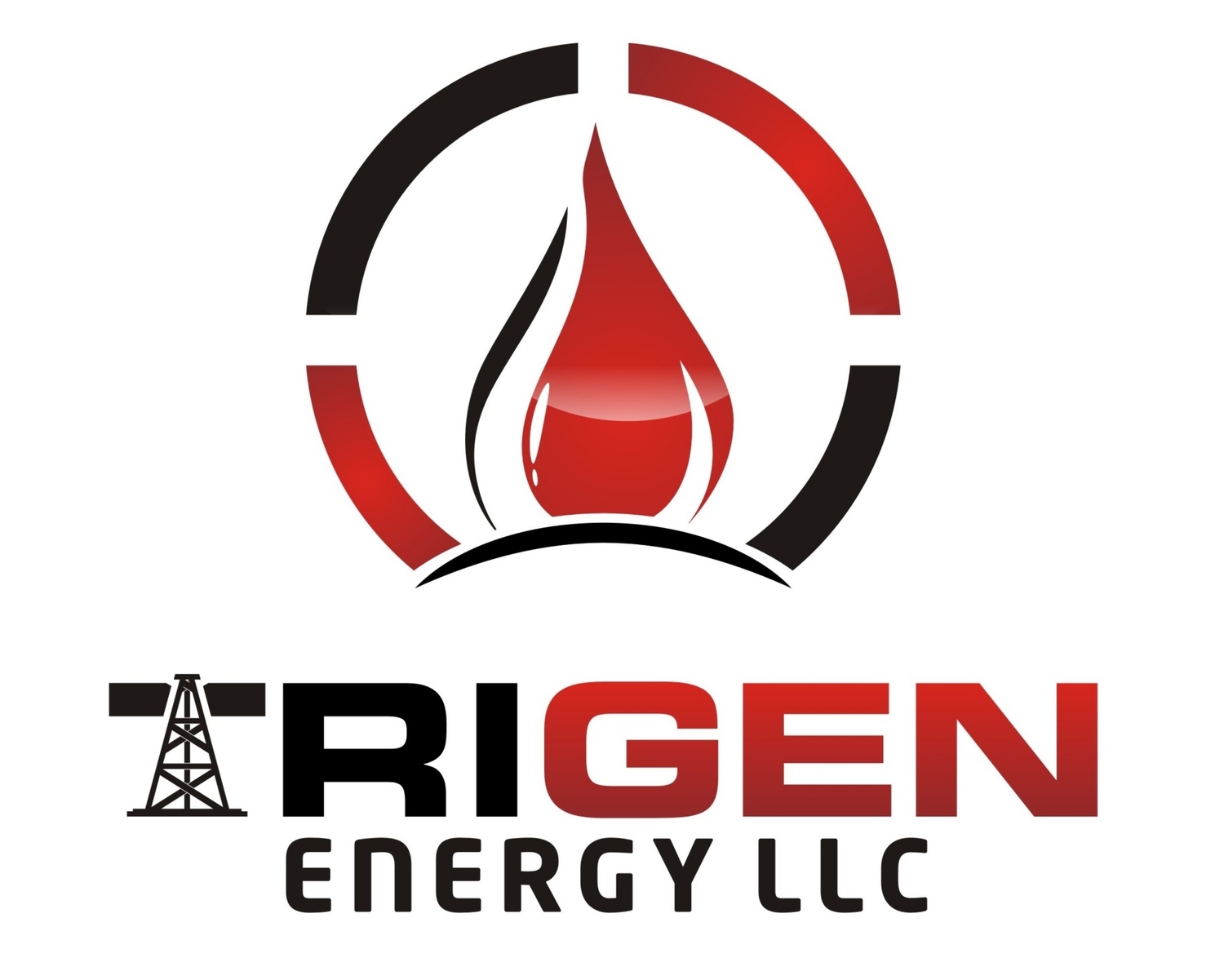The Evolving Role of AI in Land Services
Recently, we shared a few ethical considerations for using artificial intelligence in land services. This article explores how our team at Trigen Energy is leveraging AI to unlock value for energy clients and make life easier for team members—while remaining cognizant of AI’s risks, challenges, and limitations.
How We’re Using AI
Trigen Energy’s primary goal is helping energy developers ensure successful land outcomes. Whether that’s securing land leases for a CCS (carbon capture and storage) project or providing GIS services, we’re focused on building long-term relationships through a hands-on approach.
AI has the potential to support many things that we do, which is why we’re starting to use it across our business operations.
Gathering and Analyzing Research: In the past, finding answers from a collection of scanned-in deeds involved a time-consuming review process. Now, team members can load the digitized deeds into an AI platform, quickly get up to speed, and apply their expertise.
Summarizing Meetings & Notes: Land professionals participate in a lot of meetings—from client calls to discussions with landowners and vendors. With the help of AI, we’re able to access automated meeting transcriptions and summaries that keep things moving forward.
Early-Stage Community Analysis: Our team has on-the-ground experience in a variety of states and counties. That said, there are more than 3,000 counties in the United States per the United States Census Bureau. Maintaining an accurate understanding of local politics across all 50 states and thousands of counties is practically impossible, which is where AI can be particularly useful. Rather than piecing together relevant facts from dozens of sources, researchers can enter a targeted prompt into an AI platform. The result is an early-stage summary containing factors for further analysis.
Future Opportunities for AI
Moving forward, we believe that AI could also prove beneficial for the following tasks:
Identifying Gaps in Title: Sometimes title researchers discover an unexpected gap in title. Digging through deed books for missing information can be incredibly frustrating and lead to delays. AI may be able to streamline this process in the future, especially as counties digitize more of their records.
Supporting AOI Site Analysis: Identifying the perfect location for an energy project involves some trial and error. Even with the best GIS technology and skills, land professionals must make educated guesses based on parcel location, landowner density, transmission lines, flood planes, wetlands, and other factors. AI-powered technology could help GIS analysts zero in on optimal locations for projects.
Limitations of AI in Land Work
As helpful as technology may be, there are certain things that AI simply cannot do. That’s because land work revolves around building relationships.
Negotiating with farmers and landowners to structure and execute mutually beneficial land deals.
Locating and reviewing hard copy deed books that reside in courthouses across the United States.
Providing peace of mind to clients that documentation, stakeholder outreach, and on-the-ground work is done to specification, on time, and within budget.
Partner with Experienced Land Pros
Contact our team at Trigen Energy to start a conversation. We look forward to learning about your CCS or energy project.

